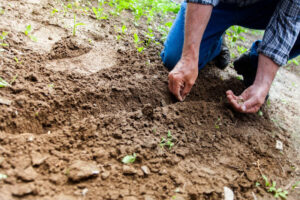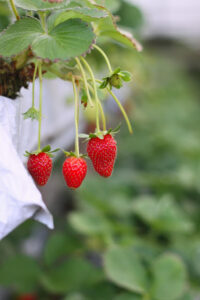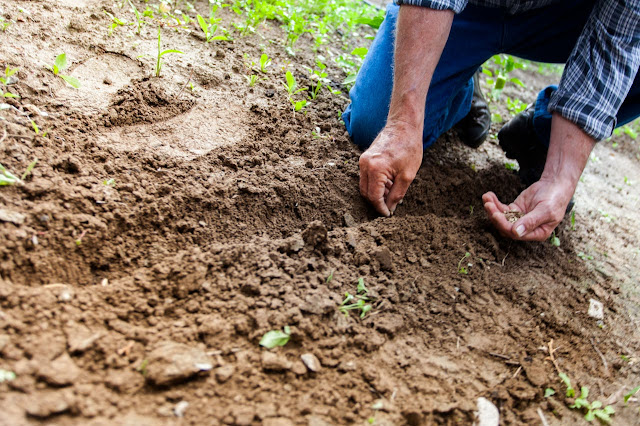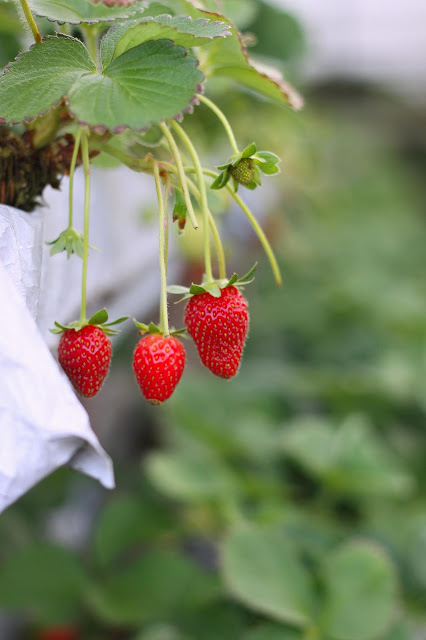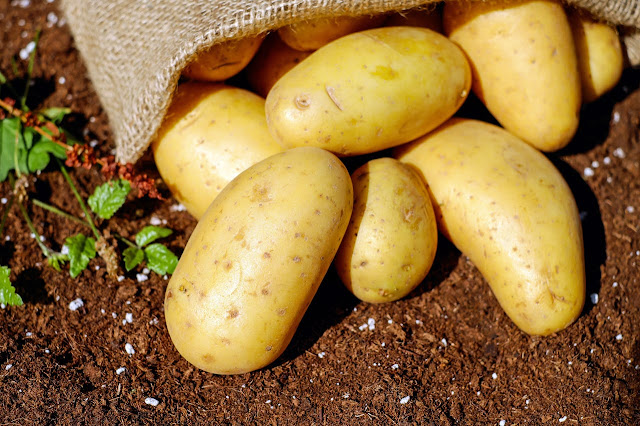Greetings, eco-warriors and compost connoisseurs! Today, we delve into the fascinating world of “The Science of Vermicomposting: Harnessing the Power of Worms.” Get ready to witness the underappreciated heroes of decomposition at work – those humble but mighty earthworms!
Worms at Work: Unraveling the Magic of Vermicomposting
1. The Cast of Characters: Meet Your Decomposers
In the grand stage of composting, worms take center stage as the unsung heroes. But not just any worm – the red wiggler (Eisenia fetida) is the true star. These little wrigglers possess an unparalleled appetite for organic waste, making them the perfect cast members for our composting saga.
2. The Science Behind the Slime: Vermicompost Alchemy
As organic matter breaks down, worms release digestive enzymes and mucus that create the magical elixir known as worm castings. These castings, rich in nutrients and beneficial microorganisms, are a potent fertilizer for your garden. It’s nature’s recycling system in action!
Setting the Stage: Creating the Ideal Vermicomposting Environment
1. The Bin of Wonders: Choosing the Right Home
Select a well-ventilated container for your worm habitat, ensuring it has drainage holes to prevent waterlogging. Wooden or plastic bins with lids work wonders, providing a cozy abode for your composting cohorts.
2. Bedding Bliss: Creating a Comfortable Nest
Worms need a cozy place to call home, and that’s where bedding comes into play. Shredded newspaper, cardboard, and coconut coir are ideal choices. Maintain the right balance – not too dry, not too wet – to keep your wrigglers content.
3. Gourmet Dining: The Art of Feeding Worms
Worms are voracious eaters, but they have preferences. Offer a buffet of kitchen scraps – fruit and vegetable peels, coffee grounds, and eggshells – but steer clear of citrus, onions, and spicy foods. Think of it as fine dining for your worm compatriots.
FAQs: Worm Wisdom Unearthed
Q1: Can I Vermicompost Indoors?
A: Absolutely! Vermicomposting indoors is a fantastic option. Just keep your worm bin in a well-ventilated area, and be mindful of odor control by maintaining the right balance of moisture and aeration.
Q2: How Long Does It Take for Worms to Produce Vermicompost?
A: Patience is key in the vermicomposting game. On average, it takes about 3-6 months for worms to turn your kitchen scraps into nutrient-rich vermicompost. The more diligent you are with feeding and maintaining the bin, the quicker the magic happens.
Q3: Can I Use Vermicompost for All Plants?
A: Indeed! Vermicompost is a universal elixir for plants. From flowers to vegetables, indoor to outdoor, all plants benefit from the nutrient-rich goodness that worm castings provide. It’s the ultimate plant pick-me-up!
Troubleshooting Worm Dramas: A Compost Tale
1. Funky Odors: Balancing Act Gone Wrong
If your worm bin starts emitting unpleasant odors, it’s a sign of imbalance. Adjust the bedding, refrain from overfeeding, and ensure proper aeration to restore harmony in the composting kingdom.
2. Escapist Worms: The Great Exodus
Worms attempting a mass exodus from your bin? Fear not! It could be a sign of unfavorable conditions inside. Check for moisture levels, temperature, and food balance to keep your worm community content.
Conclusion: The Vermicomposting Symphony
In conclusion, dear eco-enthusiasts, the science of vermicomposting unveils the incredible synergy between humble earthworms and the recycling of organic waste. As you embark on your vermicomposting journey, remember that it’s not just about waste reduction but also about nurturing a thriving ecosystem in your compost bin.
May your red wigglers wriggle with joy, your worm castings enrich your soil, and your garden flourish with the fruits of this composting symphony. Let the science of vermicomposting be your guide to sustainable gardening, where worms take center stage in the grand performance of ecological harmony! Happy composting!
learn here DIY Garden Pinwheels: Whirling Accents for Outdoor Play
